There is quite a number of predators that eat bed bugs, but some of them you wouldn’t want in your home either way. It is interesting to know these facts because you can then gain some respect for those creatures which are fighting your current enemy – bed bugs.
What insects/animals are bed bug predators? The most common bed bug predators are cockroaches, spiders, centipedes, masked hunters, and some types of ants, like pharaon, argentine, or fire ants. When it comes to animals, the only noted natural enemies of bed bugs are some species of lizards like geckos.
As you can see there are a lot of natural enemies of bed bugs, but in most cases, we don’t want them anywhere near us because they are harmful to our living space.
Our best advice would be to hire professionals in order to get rid of the bed bugs or try to get rid of them on your own. For the rest of the article, we are going to go more in-depth about bed bug predators and their way of fighting those nasty little bloodsuckers. Let’s start!
Bed Bug Predators
1. Cockroach
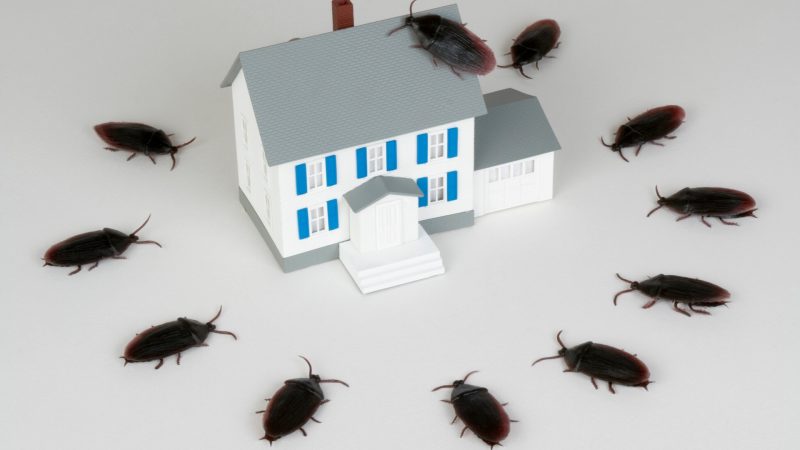
When cockroaches settle in our home, they usually find their place in our kitchens, cupboards, and pantries. They usually find a quiet place with food always available to them. They are disgusting but can be used against bed bugs, but no one in their right mind would recommend them as a part of a solution for your bed bug problems.
Cockroaches breed and live in dirty places like sewers, and from there they move to the surface and into our homes. They eat all kinds of junk, garbage, and food. They are attracted to dirty homes, where they can find leftover food, bread crumbs, and such. When you see cockroaches running around your home you can be sure that you need to clean it.
When it comes to the cockroach’s use against bed bugs, they are just not effective enough. Cockroaches eat even bed bugs, but not fast enough. Bed bugs reproduce very fast, and cockroaches can’t eat them all.
But all in all, cockroaches can contaminate your food, bite you, and are plain gross. There are plenty of ways to combat bed bugs in a way that doesn’t include living with a colony of disgusting bugs, which can contaminate your living space even worse than your first problem – bed bugs.
If you have an infestation of cockroaches, you will want to get rid of them even faster than bed bugs.
2. Masked Hunter
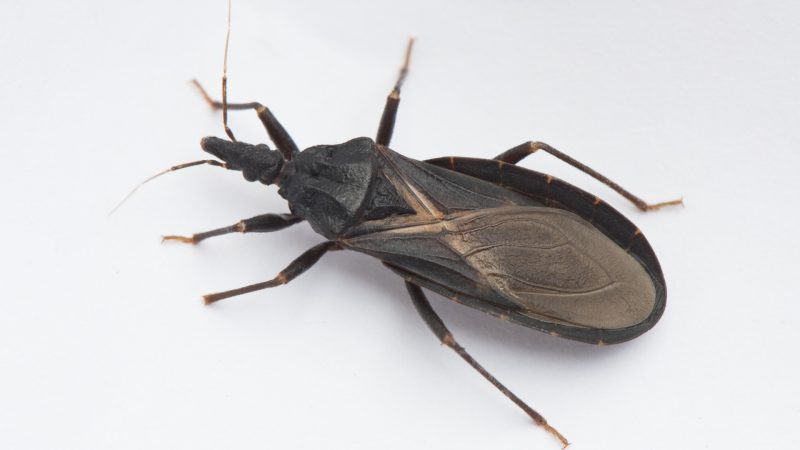
Masked hunter is a part of an assassin bug family, and they tend to live in warm and dry places so a human home can easily become their perfect destination. Their size is from 17 to 22 millimeters, they are brown or gray in most cases, and they can fly.
One of their nicknames is bed bug hunters. They get their original name because they tend to hide in the dust while in nymph form. They live in some kind of symbiosis with bats and pigeons. The insects that are attracted to bats and pigeons are delicious food for masked hunters.
A masked hunter is a predator insect, and it hunts all kinds of bugs, including bed bugs. Bed bugs are in fact one of their favorite victims.
However, they are not good to have in your home. Some of their subspecies can pass on a disease to a human, and that is not good. Besides that, masked hunters bite humans if they feel threatened and sometimes even while you sleep. Their bite is very painful, and sometimes it is compared to a bite of a snake.
While in theory masked hunters can be used against bed bugs, in reality, they can cause a lot of pain. Literally. I would not choose their bite instead of a bed bug bite. So, there are still a lot of better ways to get rid of a bed bug infestation.
3. Spiders
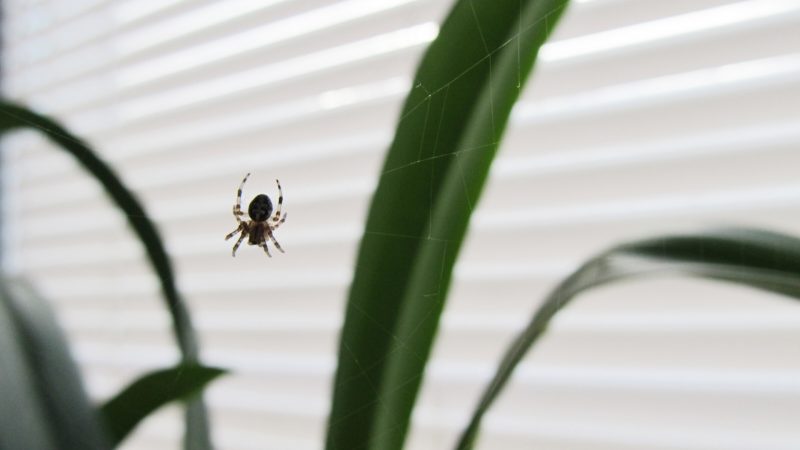
There are many types of spiders, and not all of them combat bed bugs. One species that is well known for its hunting skills against bed bugs is Thanatus flavidus. When compared to other bed bug predators, these spiders are not so bad and have some good sides when it comes to hunting bed bugs and living with humans.
Most spiders who are hunting bed bugs can’t spread any diseases to humans in case of a spider bite. That is a plus when you compare that with some of the other insects which spread diseases. Another plus for spiders is that they will inhabit your bedroom, and hunt for bed bugs there. Other bed bug predators live in other parts of your home, which makes them a lesser threat to bed bugs.
When you put all this information together, spiders could be a better choice when it comes to fighting bed bugs, than some other insects, but you still wouldn’t like a spider coming down from a ceiling to your face in the middle of the night.
4. Ants
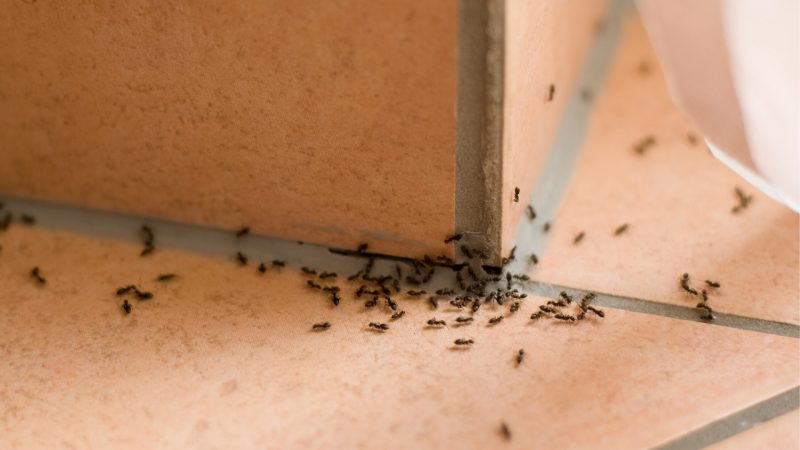
There are a lot of ant species that eat bed bugs, but pharaon ants are specialized for anti-bed bug actions. They are light yellow-brown and that makes them distinctive from other ants.
The problem with all ants, not just pharaon ants, is their reproduction speed. They are multiplying very quickly, and if not handled carefully you will get home full of ants, with colonies all over your living space.
If that is not enough, they can easily contaminate your food and spread salmonella and dysentery, so using them against bed bugs is definitely not such a good idea. Getting rid of ants can be even harder than exterminating bed bugs.
5. Centipedes
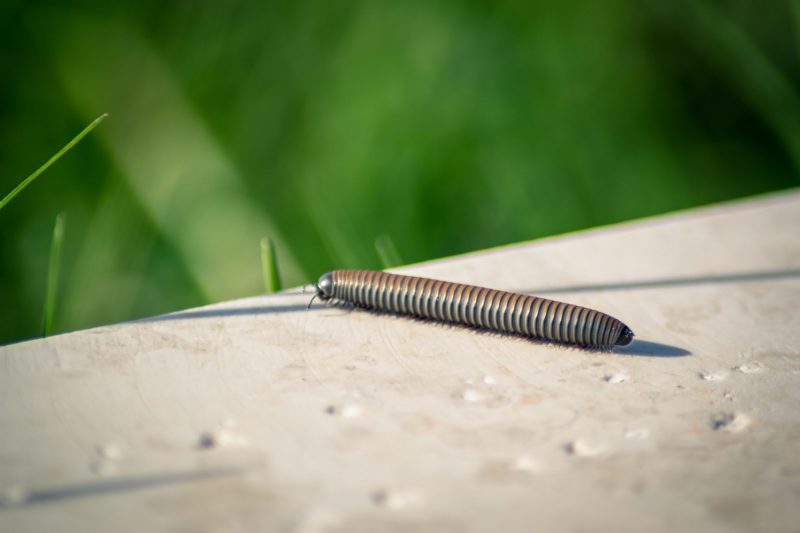
All the above-mentioned creatures are insects, and centipedes are arthropods, and that is the first of the many differences that distinguish them from the other bed bug hunters. Centipedes are quite large – some species are 15 centimeters long, and they are avid insect hunters. They hunt everything, from cockroaches to bed bugs.
There is one thing about them that you need to know is that if you have a couple of centipedes living in your home, you might not know it, because they don’t leave any clues about their life behind them. The only way to know that they are in your home is by spotting them while they are in search of a meal.
But again, when it comes to bed bug hunting, who would want to have a colony of centipedes in their home? They are big, nasty, and they can even bite. Centipedes have a poisonous and painful bite, which resembles the bite of a bee.
6. Gecko
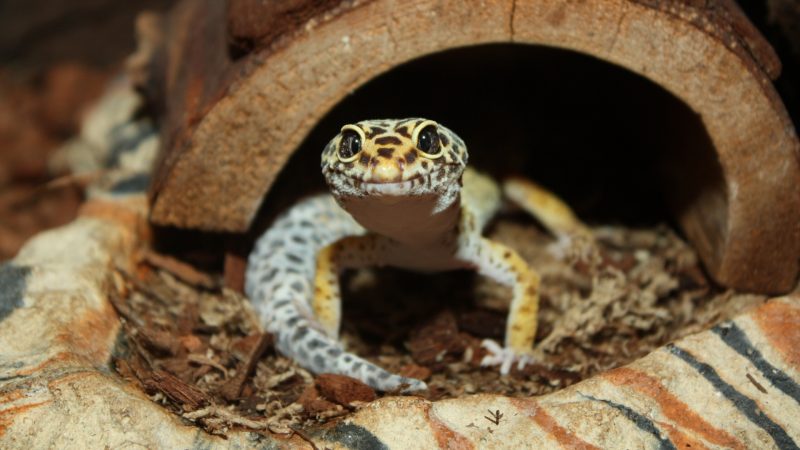
Some kinds of lizards are prone to eating all kinds of bugs, and geckos are champions when it comes to bed bugs’ extermination. Sadly, geckos, like most lizards, require special living conditions, because their natural habitat is specific, and you can’t just move them everywhere you want.
7. Pets
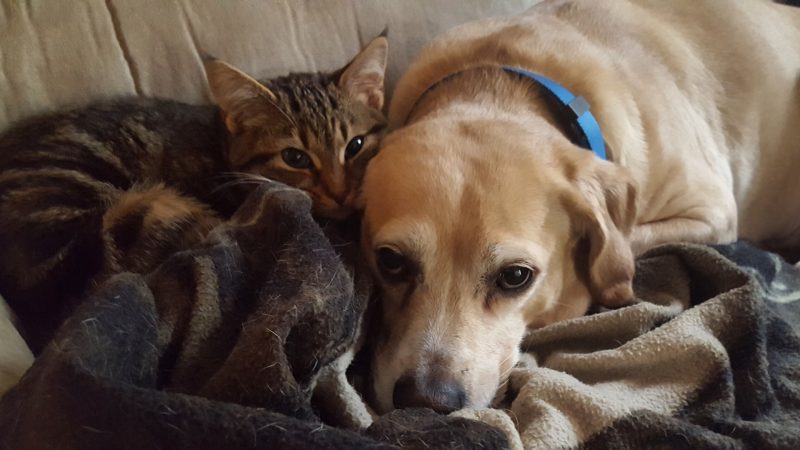
When you think about our pets hunting for bed bugs, you would first think of cats and dogs. Cats love to hunt for insects and they eat it with joy, but bed bugs are not on their menu. They are too small, and cats are not lured to them.
Dogs on the other side can be of great help when it comes to locating bed bugs. In some cases, they will eat them, but their help in locating those pests is enough from their side.
List of Sources
Masked hunter (Reduvius personatus). Michigan State University.
House Centipedes. Missouri Department of Conservation.
Sutherland, A. M., Choe, D. -H., Lewis, V. R. (2013). Bed Bugs. Agriculture and Natural Resources, University of California.
- How to Get Rid of Copperheads | Practical Guide - August 27, 2023
- How to Get Rid of Corn Snakes | What Makes Them Aggressive? - August 27, 2023
- How to Get Rid of Alligators | Safety Measures and Removal Methods - July 16, 2023
